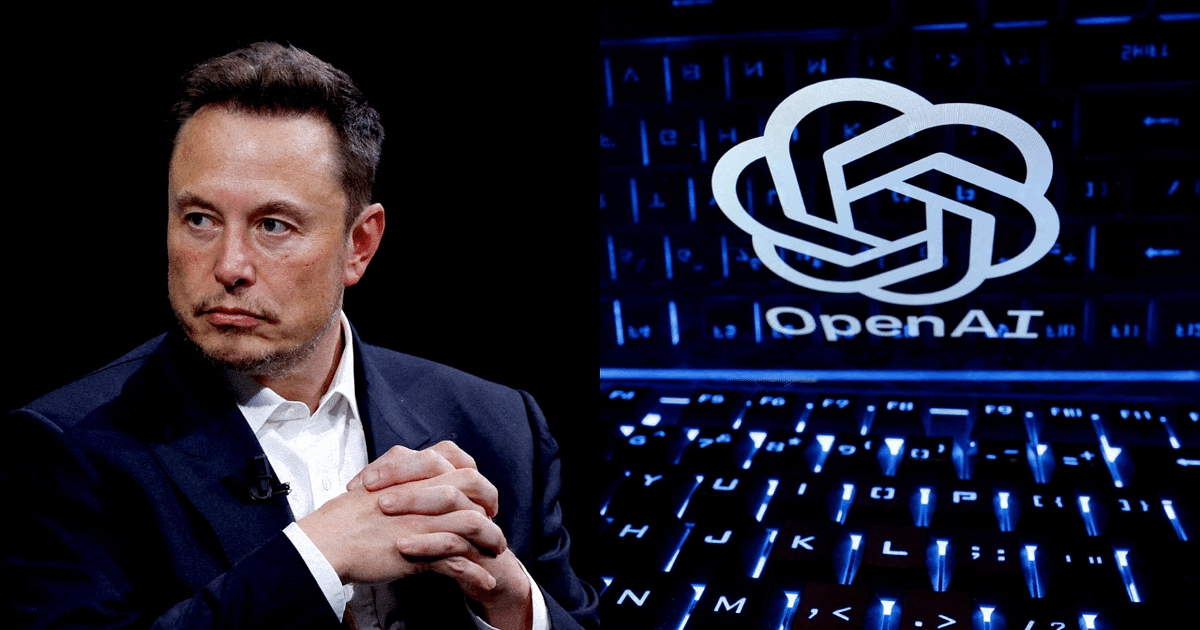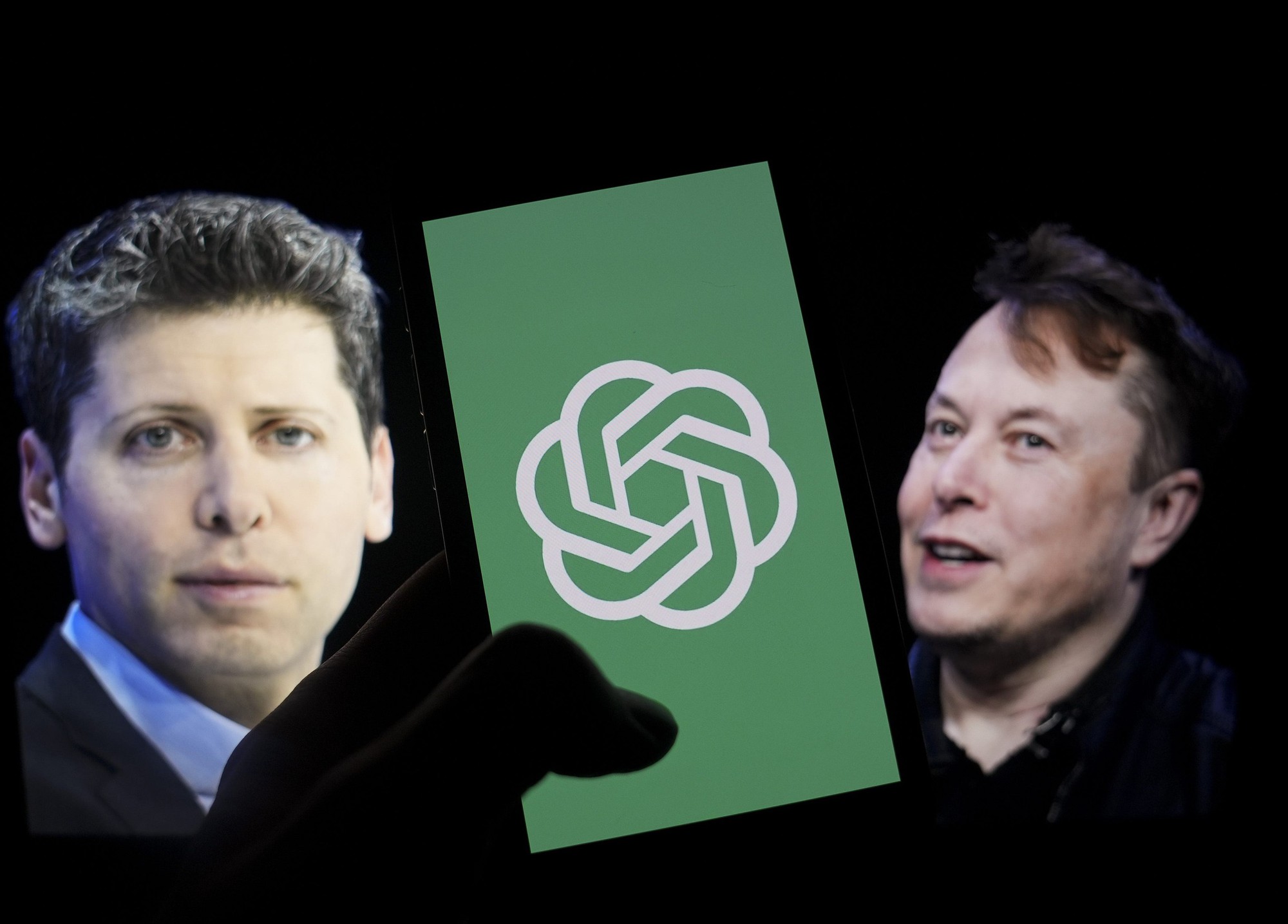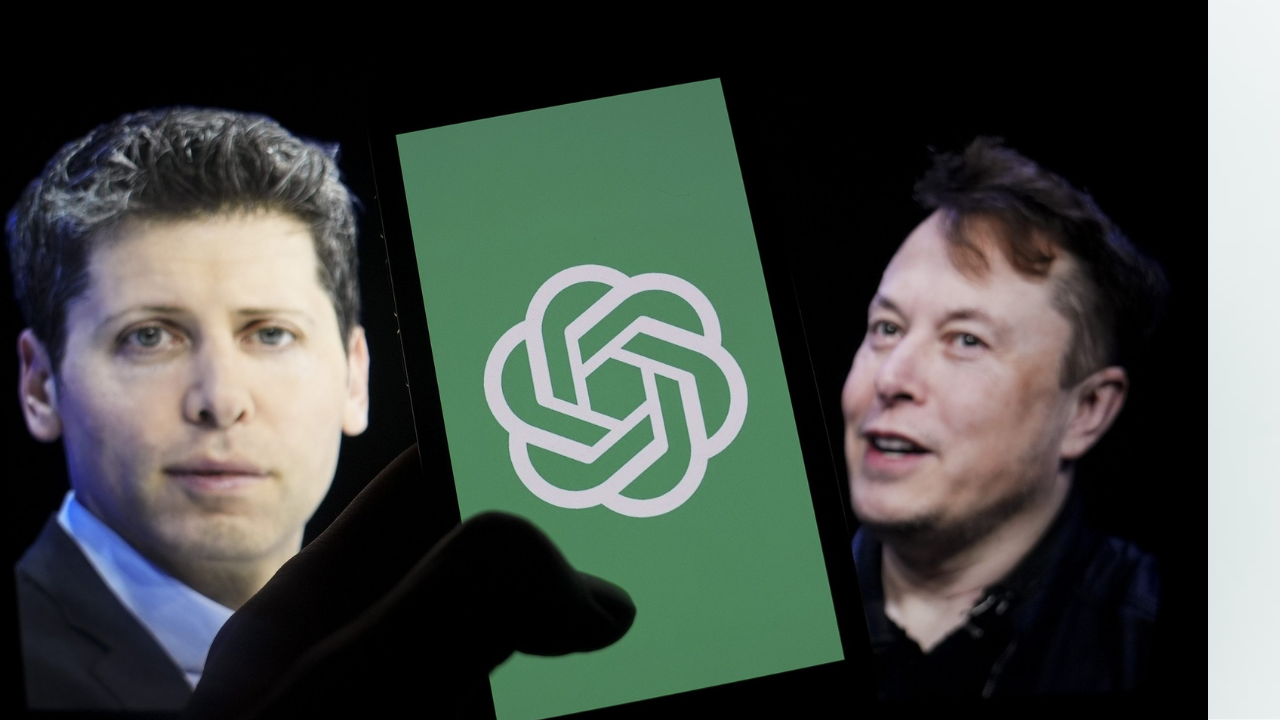A new batch of internal emails released by OpenAI show that it was billionaire Elon Musk who suggested that OpenAI should abandon its non-profit structure and switch to a for-profit structure.
The legal battle between Elon Musk and OpenAI, the artificial intelligence company he co-founded, is getting more heated. While Musk recently asked the court to block OpenAI from becoming a for-profit company, OpenAI is not far behind.
OpenAI recently released more internal emails from Elon Musk, showing that the billionaire himself initially supported a for-profit structure for the company. This contradicts Musk’s recent public stance, when he opposed OpenAI’s transition from a nonprofit to a for-profit company.
In an email from 2015, Musk expressed his view that OpenAI’s nonprofit structure “didn’t seem optimal.” By 2017, both Musk and OpenAI agreed that a for-profit model was the next step for the company. However, when Musk failed to gain majority ownership and complete control, he backed out, declaring that OpenAI would fail.

Musk recently filed a lawsuit in federal court to block OpenAI from fully transitioning to a for-profit model. Musk’s lawyers argued that OpenAI violated antitrust laws by requiring investors to agree not to invest in competitors, including xAI, Musk’s new artificial intelligence company.
In response, OpenAI accused Musk of trying to hinder its development while he perfects his competitor, xAI. In a blog post titled “Elon Musk Wants a For-Profit OpenAI,” the company stressed that “He can’t sue to achieve AGI (human-level artificial intelligence).” OpenAI argued that Musk should compete in the marketplace, not the courtroom.
Currently, not only Elon Musk, OpenAI’s strength in the field is causing concern for many other competitors, including Meta, Facebook’s parent company. Recently, this giant technology company also joined Mr. Musk in suing OpenAI for wanting to change its structure to a for-profit company.
OpenAI has been through a complicated transition. The company was founded in 2015 as a nonprofit, but switched to a limited-profit model in 2019. OpenAI is currently in the midst of a one-to-two-year transition to becoming a fully for-profit company.

The current legal battle is the latest escalation in a feud between Musk, OpenAI, and CEO Sam Altman, as well as other stakeholders and investors like Microsoft. Musk’s lawyers have argued that Microsoft and OpenAI violated antitrust laws by requiring investors to agree not to invest in rival companies, a claim Altman has denied.
With the general artificial intelligence market expected to surpass $1 trillion in revenue within the next decade, the race for market share is heating up. OpenAI is facing increasing competition from startups like Musk’s xAI and Anthropic, as well as tech giants like Google, Amazon, and Meta.
As the legal battle between Elon Musk and OpenAI continues to escalate, it raises questions about the future of the artificial intelligence industry. Can OpenAI maintain its leadership, or will Musk and other competitors rise up and reshape the AI landscape? This battle is not just about control of a company, but about the future of one of the most influential technologies of our time.
